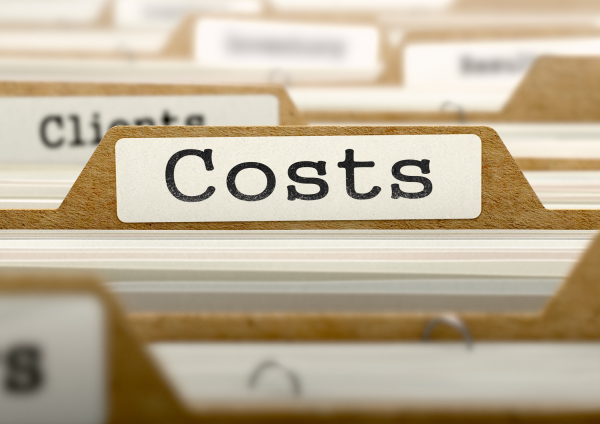Private health insurers have welcomed confirmation the sector subsidised more than 100 million services over the 12 months to the end of September.
Private Healthcare Australia said quarterly statistics released by the Australian Prudential Regulation Authority (APRA) confirmed the commitment of insurers to improve affordability and value for members.
"For the first time, health funds have subsidised more than 100 million services over the year to September 2019. Fewer than 3% of these medical services had unknown out of pocket costs," said the association in a statement.
According to CEO Dr Rachel David, “The government’s private health insurance reforms have already delivered positive outcomes for consumers and the next wave of reform is underway, however, to ensure the sustainability of our mixed private/public health system into the future, all providers and suppliers must be committed to the process."
Dr David said the prudential regulator's quarterly statistics show the $250 million in savings agreed under the federal government's agreement medical device companies did not eventuate in the past year.
“The latest APRA report reveals the growth in claims for medical devices is skyrocketing compared with growth in hospital admissions. In the year to September 2019 Prostheses List item funded by PHI was up by 8.3% compared with hospital claims at 0.6%.
“While there was a unit price level reduction for items identified in the MTAA Agreement, there has been a massive increase in the growth of the volume of devices used for a similar number of patients. Multinational medical device companies are continuing to drive more volume per patient, to make up financial ground.
“The government has recognised this and is taking steps to address it with a further review into the General and Miscellaneous categories on the Prostheses List. In the interests of keeping premiums low for health fund members the government should expedite this review, remove those items which have no place on the Prostheses List and move to bring medical device pricing in the private health system into line with international benchmarks."
The Medical Technology Association of Australia (MTAA) disagreed with insurers and called on health minister Greg Hunt to limit premium increases to under 3 per cent.
The association said APRA’s official data shows the total cost of medical devices paid by health insurers fell from $2,090,886,035 in 2016 (pre-price cuts) to $2,077,873,733 in 2018 (post price cuts).
“These figures prove medical device price cuts have turned into another 'corporate bailout on private health by stealth' that’s seen the ‘Big 3’ bank these savings as profits, not cut prices for their customers as promised," said CEO Ian Burgess.
“This data sends a clear message that even more Australians will drop their private health cover if the ‘Big 3’ insurers raise their premiums at twice the rate of inflation – as planned - next year.
“APRA must force the ‘Big 3’ insurers to open their books and answer why they have not passed these $390 million in savings onto their customers before recommending any further premium increases be approved.”
